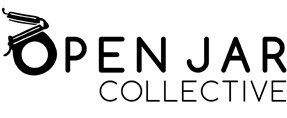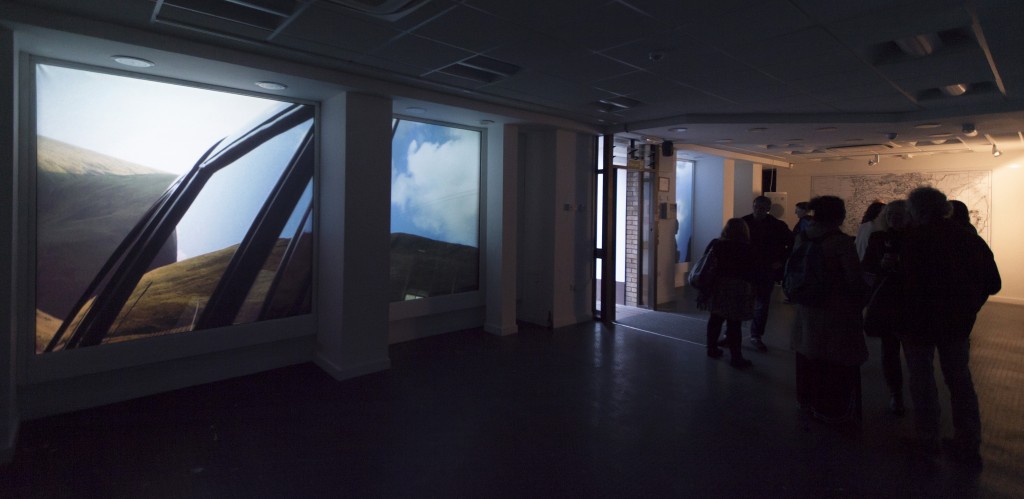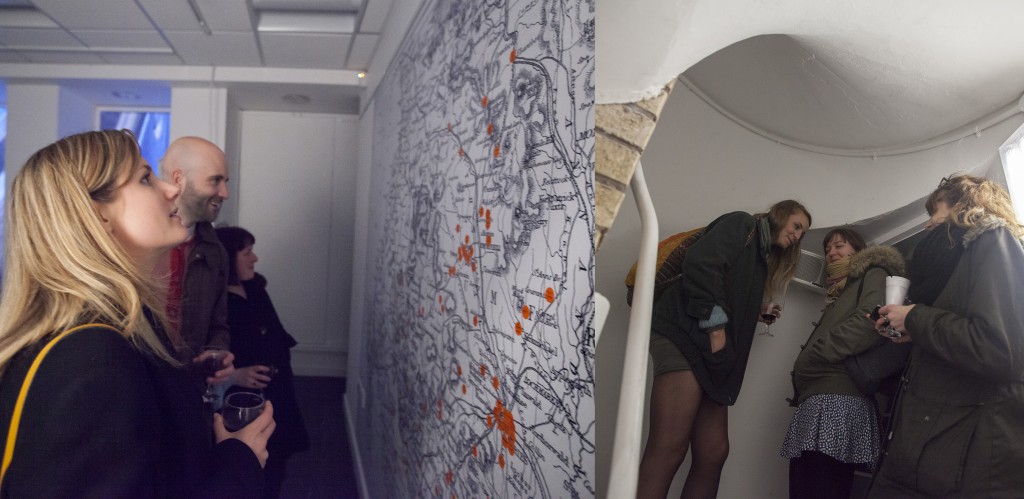At The Stove we recognise the position and the responsibility we have within the region’s cultural, creative and community sectors. Of our 600+ members, we estimate that as many as half will be self-employed or freelancers.
With the national shutdown of the economy for COVID-19 virtually all freelancers and self-employed people have had their incomes wiped out overnight as events and regular contracts have been cancelled – people are literally facing personal bankruptcy overnight. This in contrast to people employed on PAYE who will now be supported with 80% of their wages through the Government’s national bailout package.
First off, we have written to the region’s MSPs and MPs asking them to advocate for the Scottish and UK Governments to take urgent action to support the self-employed sector.
In Dumfries and Galloway 17.2% of people in employment are self-employed, against a national average of 10.8% (source: Skills Development Scotland – Regional Skills (D&G) Assessment 2016).The vast majority of self-employed people submit a tax return every year and it would be straightforward measure to extend the 80% package to the self-employed on the basis of, say, an aggregate of their last 3 tax returns to assess average earnings. Such a measure has been adopted by Sweden and different European countries are also supporting their self-employed economies.
Currently the self-employed in the UK only have access to statutory Sick Benefit (£94 per week – if they are ill) and have been given a 6 month ‘holiday’ from advance tax payments.
The cultural, creative and community sectors have been one of the regions success stories of recent years, being one of the very few local industries that is attracting people to relocate or move back to the region. Figures show that there are now more people employed in the Creative Industries in D&G than there are in Agriculture (source: SoSEP) – this is a sector with high value jobs of exactly the sort we are trying to attract to the region through initiatives like South of Scotland Enterprise and Borderlands. It is imperative that we, as a country, act immediately to protect this vital sector within our local economy and support the people and families that rely on self-employment/freelance work.
At The Stove we know how important we are to the ecosystem of the cultural, creative and community sectors – organisations like us can function as a conduit between individual freelancers/small teams and national/international partnerships and funding – we can draw budgets into the region that are spread amongst the local sector. Typically, The Stove puts £200,000 per annum into the freelance economy of D+G. Our first instinct at the start of the health emergency was to maintain our support for the wider community around us – both the folk we work with as participants in our work, but also the wider creative community. We have been able to honour all the existing commitments we have to freelancers across all our projects (and also keep on our café staff).
Looking into the future we know only too well that the freelance community normally expect regular work through organisations like us at festivals and events. We are working hard at the moment to find ways that we can continue to deliver on projects and offer new contracts to freelancers. We are a creative community and opportunities to do useful and creative work for the local community will present themselves!
Currently we are working on ideas to bring the local cultural, creative and community sectors together at this very challenging time – in the hope that we can be a useful collective resource and also forge some self-help initiatives that will help this struggling within our own sector. If you have anything you would like to contribute then do get in touch.
Please stay tuned to the various Stove platforms for updates.
#Homegrown






















